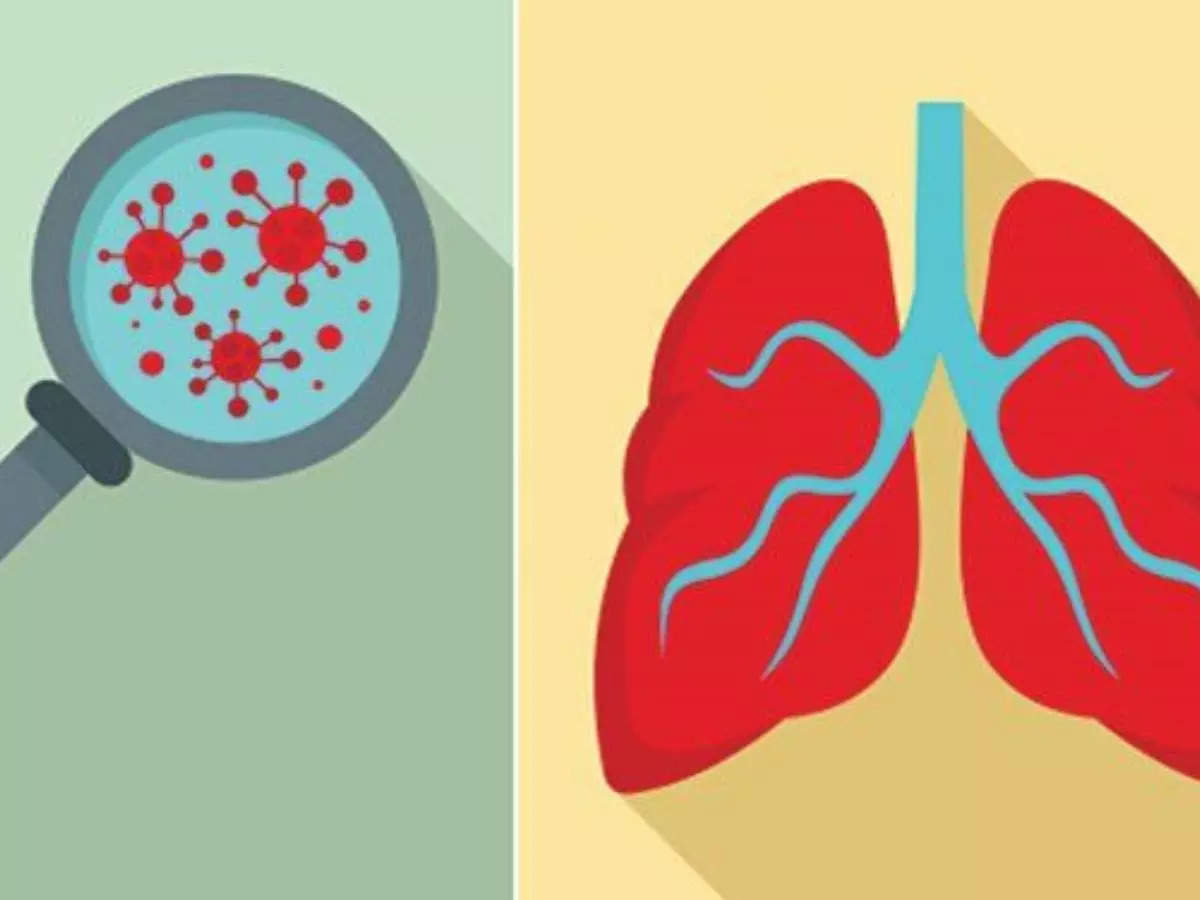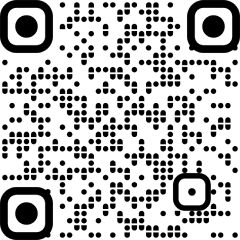
Mumbai: Artificial intelligence (AI) can detect precancerous lung nodules nearly three years before symptoms appear, according to a study conducted in Thailand using an AI programme developed in Mumbai.
The paper, which was presented as a poster at the ongoing World Conference on Lung Cancer in San Diego, looked at X-ray scans of newly diagnosed lung cancer patients in whom previous scans (taken during health checkups at least six months prior) had missed reporting the nodules.
Around 80 per cent of lung cancers are missed on chest X-rays, but AI-assisted X-ray scans could be more effective, said the researchers.
Conducted at Phrapokklao Hospital’s Cancer Centre in Bangkok, the study used an AI-powered chest X-ray software developed by Mumbai-headquartered Qure.ai.
The centre’s Dr Passakorn Wanchaijiraboon said 18 per cent of the cases were found to have a missed lung cancer diagnosis over an average period of nearly three years (32.3 months).
“This study underlines the transformative potential of AI in the fight against lung cancer,” said Bhargava Reddy of Qure. The company has processed over 4.4 million chest X-rays in India and its programme is deployed in 13 states in a cancer detection study; it has tied with various ESIC Hospitals and deployed in AIIMS Delhi.
In Dec 2020, the company collaborated with the BMC for detection of tuberculosis from X-ray scans of patients at its various hospitals.
“By providing rapid results, especially in resource-limited settings with older X-ray machines and minimal access to radiologists, the programme helped early diagnoses and reduced patient follow-up losses,” it said.
Lung cancer has poor survival rates as over two-thirds of the patients are diagnosed at an advanced stage when treatment is not possible.
Recently, studies from the US and the UK said that AI tools could detect breast cancer much ahead of the symptoms. In another study, published in ‘The Lancet Digital Health’ in July 2022, where AI was used to look at 1.2 million mammograms in Germany and the US, it was found that having a radiologist and AI system working together was 2.6 per cent better at detecting breast cancer than a radiologist alone.







